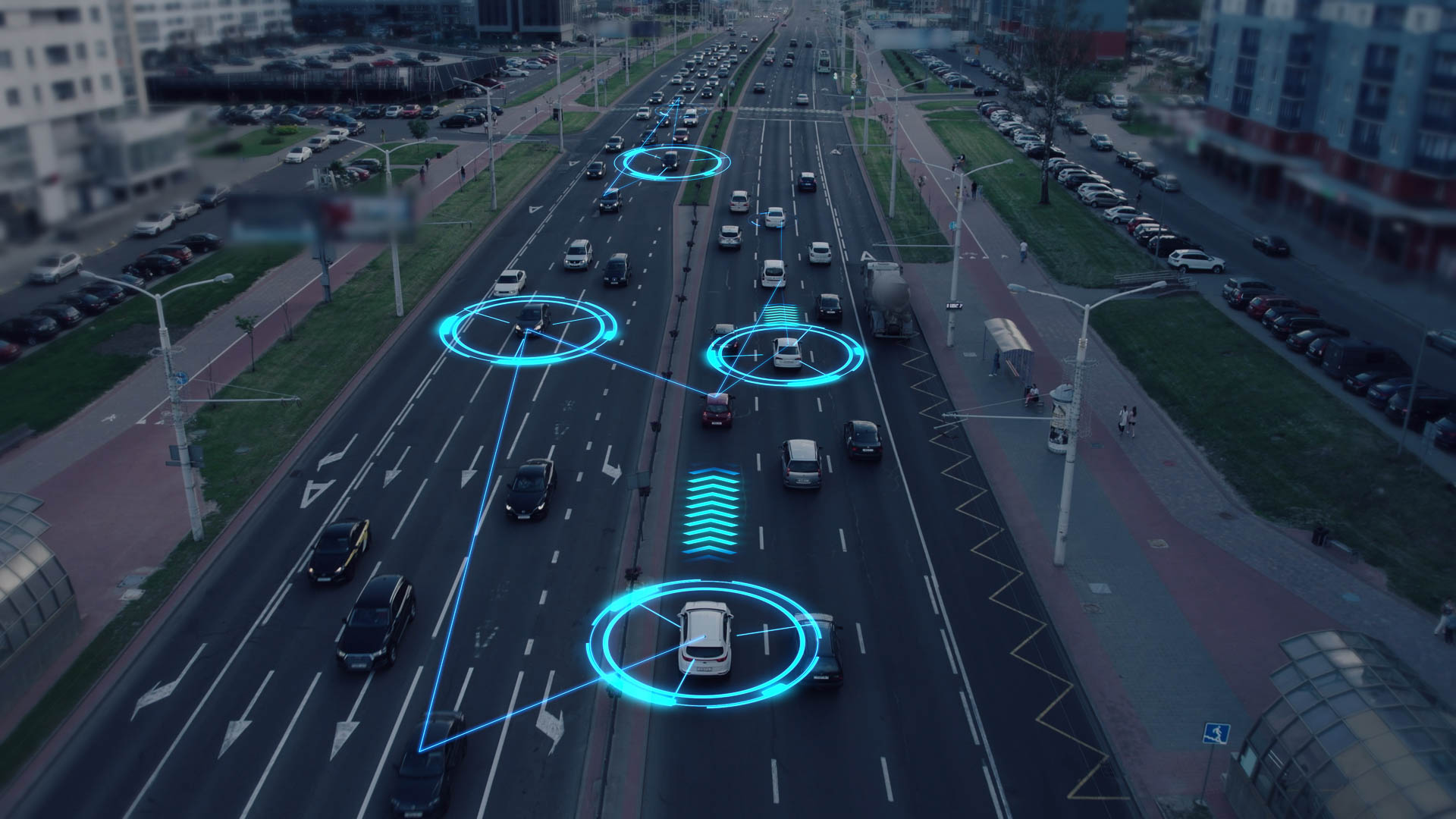RUCI Lab Research Affiliate Dr. Wenwen Zhang is an Associate Professor in Informatics in the Edward J Bloustein School. Her research primarily focuses on the potential impacts of new and emerging transportation technologies, particularly Autonomous Vehicles (AVs). AVs have the capacity to usher in either a utopian scenario, marked by shared trips reducing congestion and vehicle miles traveled, or a dystopian scenario where single-occupancy trips and empty vehicle miles dominate.
Dr. Zhang’s contributions in this field are in two major areas:
- Simulation of Social and Environmental Impacts of AVs
Given that AV technology has not yet seen widespread commercial deployment, Dr. Zhang has developed agent-based simulation models, computational models with autonomous agents, to mimic the operation of both shared AVs (like autonomous Ubers) and privately owned AVs. These models have allowed her to delve into the impact of different AV business models on various aspects of urban areas. These include:
Parking Land Uses: Dr. Zhang’s research has examined the influence of shared AVs on urban parking land use, demonstrating that shared AVs significantly reduce urban parking space demand by 90%. This indicates that shared AVs is very promising in promoting parking space redevelopment to support more productive and sustainable land uses. However, AVs may also concentrate parking demand in low-income neighborhoods, rendering equity issues related to land use and service accessibility.
Vehicle Ownership: Her work has also explored how shared AV systems can reduce vehicle ownership by over 90% by increasing vehicle utilization rates. Meanwhile, the reduction rate is significantly lower (~18% reduction rate) if AVs are privately owned.
Residential Location Preferences: Shared AVs have the potential to curb urban sprawl, especially in dense and mixed-use neighborhoods, where Shared AVs services are more accessible with shorter average waiting time compared with suburban areas.
However, it is important to note that these findings are subject to simulation assumptions and simplifications. The following animation of the agent-based Shared AV simulation in Richmond, VA, shows the simulated moving trajectory of one Shared AV in the system. *Green dots indicate pick up points, red dots indicate drop off points, orange dots indicate parking points. Yellow lines indicate vehicle moving with one passengers, green lines indicate vehicle moving with two passengers pooling together, red lines indicate vehicle moving without passengers.
[insert the visualization trajectory.html here]
- AV Technology Adoption Behavior
The impact of AVs is intrinsically linked to whether people choose to adopt this technology. Dr. Zhang’s research in this area aims to understand the preferences and behaviors of individuals concerning AV adoption. This includes:
Neighborhood-level Preferences: She has estimated neighborhood-level preferences for shared and privately owned AVs by synthesizing population data and applying machine learning techniques. This model provides insights into AV technology adoption levels at the census block group level.
Parking and Mode Choice Behaviors: Her recent work delved into the parking and mode choice behaviors of AV adopters using survey data collected from cities like Seattle, WA, and Dallas, TX. These findings shed light on regional variations in AV adoption patterns.
In conclusion, Dr. Zhang’s research continues to uncover the multifaceted impact of AVs on our urban landscapes, from parking dynamics to adoption behaviors. As AV technology inches closer to reality, understanding these implications becomes paramount for creating a sustainable and efficient transportation future.
Bio: Wenwen Zhang, Ph.D. joined the Bloustein School in August 2020. She received her Ph.D. from Georgia Tech’s School of City and Regional Planning in 2017. She also earned Masters in City and Regional Planning, Civil Engineering, and Computational Science & Engineering from Georgia Tech. Full bio and CV is in https://bloustein.rutgers.edu/zhang/
Relevant References
- Zhang, W., Guhathakurta, S., Fang, J., & Zhang, G. (2015). Exploring the impact of shared autonomous vehicles on urban parking demand: An agent-based simulation approach. Sustainable Cities and Society, 19, 34-45. https://doi.org/10.1016/j.scs.2015.07.006
- Zhang, W., & Guhathakurta, S. (2017). Parking Spaces in the Age of Shared Autonomous Vehicles: How Much Parking Will We Need and Where? Transportation Research Record, 2651(1), 80–91. https://doi.org/10.3141/2651-09
- Zhang, W., & Wang, K. (2020). Parking futures: Shared automated vehicles and parking demand reduction trajectories in Atlanta. Land Use Policy, 91, 103963. https://doi.org/10.1016/j.landusepol.2019.04.024
- Zhang, Wenwen & Guhathakurta, Subhrajit & Fang, Jinqi & Zhang, Ge. (2015). The Performance and Benefits of a Shared Autonomous Vehicles Based Dynamic Ridesharing System: An Agent-Based Simulation Approach. Presented in the January 2015 Conference: 95th Transportation Research Boarding Meeting, Washington D.C.
- Zhang, W., & Guhathakurta, S. (2021). Residential Location Choice in the Era of Shared Autonomous Vehicles. Journal of Planning Education and Research, 41(2), 135–148. https://doi.org/10.1177/0739456X18776062
- Zhang, W., Guhathakurta, S., & Khalil, E. B. (2018). The impact of private autonomous vehicles on vehicle ownership and unoccupied VMT generation. Transportation Research Part C: Emerging Technologies, 90, 156-165. https://doi.org/10.1016/j.trc.2018.03.005
- Zhang, W., Wang, K., Wang, S., Jiang, Z., Mondschein, A., & Noland, R. B. (2020). Synthesizing neighborhood preferences for automated vehicles. Transportation Research Part C: Emerging Technologies, 120, 102774. https://doi.org/10.1016/j.trc.2020.102774
- Jia, W., Chen, T. D., & Zhang, W. (2022). Willingness-to-relocate: Examining preferences for parking relocation of privately-owned automated vehicles. Transportation Research Part D: Transport and Environment, 108, 103318. https://doi.org/10.1016/j.trd.2022.103318

